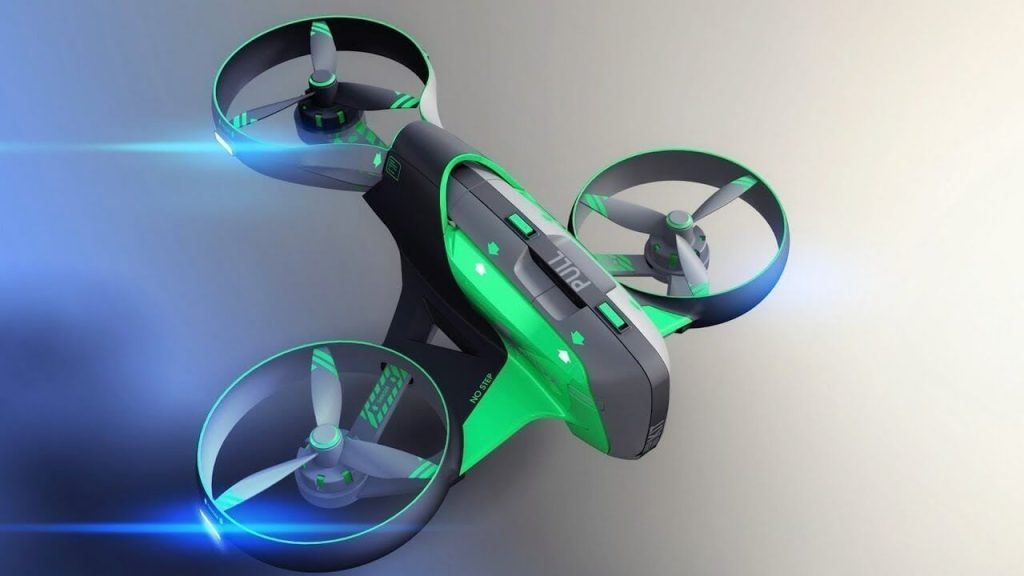
New technologies
New technologies are revolutionizing the way we live, work, and interact with the world. From artificial intelligence to virtual reality, these advancements are reshaping our societies and pushing the boundaries of what is possible.
Artificial intelligence, or AI, is one of the most transformative technologies of our time. It involves the development of computer systems that can perform tasks that typically require human intelligence, such as speech recognition, problem-solving, and decision-making. AI is being applied in various fields, including healthcare, finance, and transportation, and has the potential to improve efficiency and productivity across industries.
Virtual reality (VR) is another groundbreaking technology that is changing the way we experience the world. With VR, users can immerse themselves in simulated environments and interact with them as if they were real. This technology has applications in gaming, education, and even therapy, allowing individuals to explore new worlds and expand their horizons.
The Internet of Things (IoT) is a network of connected devices that can communicate and share data with each other. This technology has the potential to transform our homes, cities, and industries by enabling smart devices to collect and analyze data, automate tasks, and enhance efficiency. From smart thermostats that optimize energy usage to connected cars that can communicate with traffic lights, the IoT is creating a more interconnected and intelligent world.
Blockchain, the technology behind cryptocurrencies like Bitcoin, is also gaining traction in various sectors. Blockchain is a decentralized and transparent ledger that securely records transactions and other data. Its potential applications extend beyond finance, with possibilities in supply chain management, healthcare, and voting systems.
Blockchain has the power to increase transparency, security, and trust in our digital interactions.
Advancements in renewable energy technologies are also shaping a more sustainable future. Solar panels, wind turbines, and energy storage systems are becoming more efficient and affordable, enabling a shift towards clean and renewable sources of power. This transition is crucial in mitigating climate change and reducing our dependence on fossil fuels.
The field of biotechnology is another area where new technologies are making significant strides. Gene editing technologies like CRISPR have the potential to revolutionize medicine by enabling precise modifications to the genetic code. This opens up possibilities for treating genetic diseases, developing personalized therapies, and enhancing our understanding of the human genome.
Art and creativity are not exempt from technological advancements either. Tools like virtual reality, 3D printing, and augmented reality are expanding the possibilities for artists and designers. These technologies allow for the creation of immersive experiences, customized objects, and interactive artworks, blurring the boundaries between the physical and digital realms.
While new technologies bring immense opportunities, they also pose challenges. Issues of privacy, security, and ethical considerations must be carefully addressed to ensure that these technologies are used responsibly and for the benefit of society as a whole.
In conclusion, new technologies are transforming the way we live, work, and interact. From AI to VR, from blockchain to renewable energy, these advancements are reshaping industries, creating new opportunities, and pushing the boundaries of what is possible. As we continue to embrace these technologies, it is crucial that we do so responsibly and with a focus on creating a better future for all.


